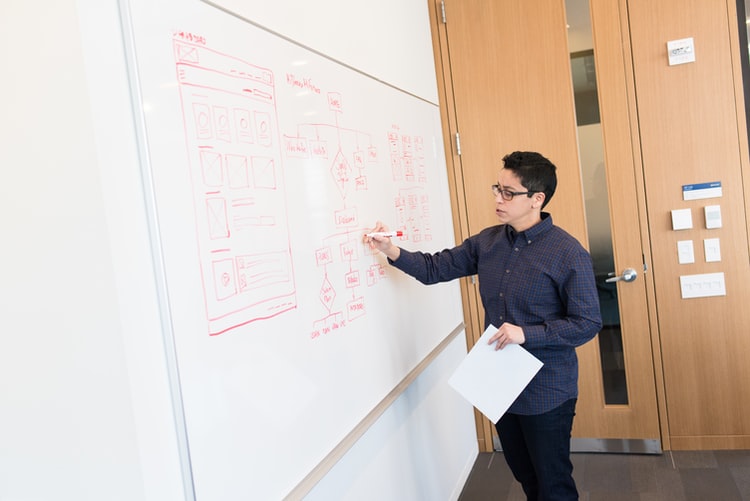Becoming a teacher can be one of the most rewarding jobs a person can have. You can make a positive impact on the lives of others while getting paid to do so. Your students will often remember the things that you taught them and will apply your lessons to their everyday lives.
But how does one become a teacher in the first place? Well, that greatly depends on where you live and what types of schools you plan to work in. In the U.S., there are a few basic steps you need to take in order to become a paid educator. The process can be fairly simple as long as you know what to expect. With that said, the following guide should help you if you’re interested in becoming a teacher and don’t know where or how to get started.
Expected Duties as a Teacher
As there are all different types of teachers, your duties may differ depending on what type of teaching you’re are doing. For example, some schools are Montessori-based schools, which means that students learn in a different type of environment than in traditional schools. Teachers are often less involved in the teaching process in these types of schools, as the lessons are more focused on students learning things by choice and with independence in the classroom.
However, most teachers are expected to create lesson plans, regardless of what type of school or position they have, as this is a way to show their superiors what they’re doing in the classroom.
In some schools, teachers are expected to create their own curriculum, while in others, the materials are already pre-planned and ready to be taught. Primary and secondary school teachers are normally expected to communicate with parents and complete both report cards and assessments throughout the school year.
Education Requirements for Becoming a Teacher
To be hired as a teacher, most schools require at least a bachelor’s degree, either from a college or university. This doesn’t necessarily have to be in education, though, depending on the school. Private schools can vary with their requirements and often accept alternative forms of experience or education. As for public schools, you will normally need to be licensed, which is a form of certification.
Today, you can complete a fair amount of your education requirements online. Schools like Alliant International University, for example, offer an Arizona Teaching Certificate program with all online classes, which is helpful whether you’re trying to keep your day job or maintain social distancing because of the pandemic. Other online schools offer similar programs in other states.
Gaining Experience as a Teacher
In some industries, there’s a catch-22 situation in which employers won’t hire you without having experience, but you also can’t gain experience if nobody will hire you. The teaching industry is not like that. There are many opportunities for aspiring teachers to gain experience before officially being hired by a school. Most educational programs will allow you to work as a student teacher, which is a type of intern, where you’ll observe and teach in classrooms without actually being employed or paid for it.
You can also gain informal experience by teaching English to students online with any of the available online ESL teaching platforms available nowadays. While your overall goal may be to teach a completely different subject, this will at least provide you with some basic experience without the usual requirements you’d need to teach in a school.
Applying for Teaching Jobs
After you’re certified and ready to start working, you can begin your job search online. Most teachers who are successful in speedily finding jobs do so by incorporating different methods in their search. There are thousands of sen teacher jobs out there to get you started. SEN teachers work with children and young people who have special educational needs or disabilities, giving jobseekers the chance to search for roles that are targeted to their specialism and experience.
For instance, you can upload your resume to internet job boards while also actively applying for any positions that might already be posted. You can also find all the websites for school campuses in your area and email your resume directly to the directors or principals at the schools. Be sure to list any classroom experience that you might have, even if it was as an intern, volunteer, observer, or online teacher.
Lastly, once you land an interview, be ready to teach a mock lesson. Some interviewers may want to see you teach a pretend class or demo lesson in front of other teachers.

